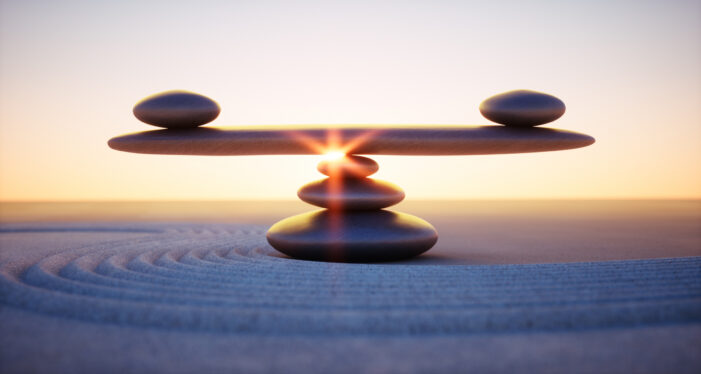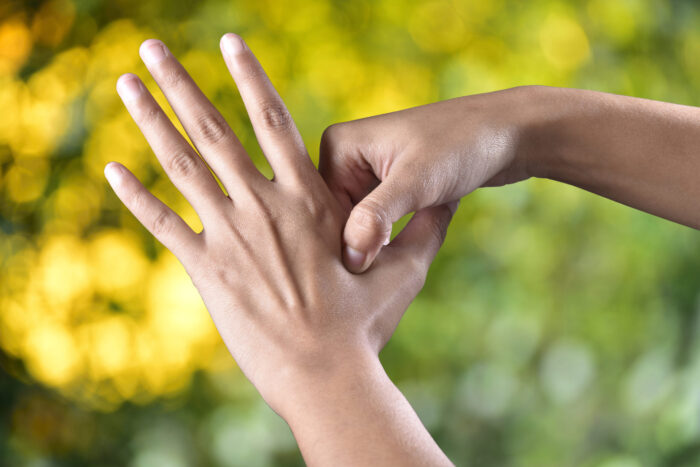
I had no idea that acupuncture can treat all that!
People often ask me what acupuncture can treat. They are usually surprised by my response. I tell them that acupuncture can treat almost anything that is causing someone to feel unwell. That is, except for life threatening or acute conditions like a heart attack, stroke, or severe bleeding. In those cases, I advise a prompt trip to the emergency room. So, why would I make such a broad statement about acupuncture? Acupuncture and Chinese medicine focus on identifying where the body’s energy flow needs support. If a person’s energy is blocked, excessive or deficient, then pain, discomfort, and illness can result. Acupuncture and Chinese medicine help restore the optimal flow of energy so the body can heal itself. Therefore, it is effective in helping with a multitude of challenges people face.
Examples of conditions that acupuncture can treat
Dermatological
- Acne
- Eczema
- Pruritus
- Psoriasis
- Rosacea
- Rashes / hives
- Dryness
- Swelling
- Wrinkles
- Sagging skin
Digestive
- Heartburn
- Acid Reflux
- Bloating
- Irritable Bowel Syndrome (IBS)
- Chronic indigestion
- Diarrhea
- Constipation
- Hemorrhoids
- Peptic ulcer
- Acute and chronic gastritis
- Morning sickness
- Nausea
- Vomiting
- Side effects of chemotherapy
ENT / Respiratory Pain
- Sinusitis
- Colds / Flu
- Cough
- Allergies / wheezing
- Shortness of breath
- Sore throat
- Hearing issues
- Tinnitus
- Symptoms from long COVID
A note on allergies – people are surprised to learn that acupuncture can even treat the “red meat allergy” to alpha gal, where someone is not able to consume red meat or products containing alpha galactose. You can read more about the treatment for the alpha gal allergy in my blog How auricular acupuncture can help the alpha gal allergy.
Mental & Emotional Wellbeing
- Stress
- Anxiety, palpitations
- Insomnia
- Depression
- Grief, healing from trauma
- Weight loss / loss of appetite
- Smoking cessation
- Addiction
Neurological
- Dizziness
- Vertigo
- Vision issues
- Twitches, tics, tremors
- Peripheral neuropathy
- Trigeminal neuralgia
- Bell’s palsy
- Carpal tunnel syndrome
- Recovery from stroke
Pain
- Sports injuries
- Muscle pain and cramps
- Fibromyalgia
- Sciatica
- Back, neck and shoulder pain
- Leg, ankle and foot pain
- Arm, wrist and hand pain
- Knee pain
- Hip pain
- Tennis Elbow
- Repetitive strain injuries
- Jaw pain (TMJ)
- Dental pain
- Arthritis
- Tendonitis
- Myofascial pain
- Headaches and migraines
- Eye pain
- Postoperative pain
- Cold hands / feet
Reproductive / Genitourinary
- Menstrual issues
- Fertility
- Menopause
- Hot flashes / night sweats
- Incontinence
Articles about what acupuncture can treat
Here are links to articles from the Mayo Clinic, Johns Hopkins Medicine, and the Cleveland Clinic that describe conditions that acupuncture can help.
Want to talk about how acupuncture and Chinese medicine can help you? We’d love to hear from you. Reach out and email us through our website or call or text us at 910-622-4269.
About the Author
Ericca Burke is the owner of HAVEN Acupuncture & Chinese Medicine where she provides acupuncture and Chinese medicine treatments in Wilmington, NC. Click this link to read more about Ericca.
About HAVEN Acupuncture & Chinese Medicine in Wilmington, NC
HAVEN Acupuncture & Chinese Medicine is an acupuncture and Chinese medicine practice located in Wilmington, NC just minutes from beautiful Wrightsville Beach. Click this link for contact information and directions. Click this link for a listing and description of services offered.
